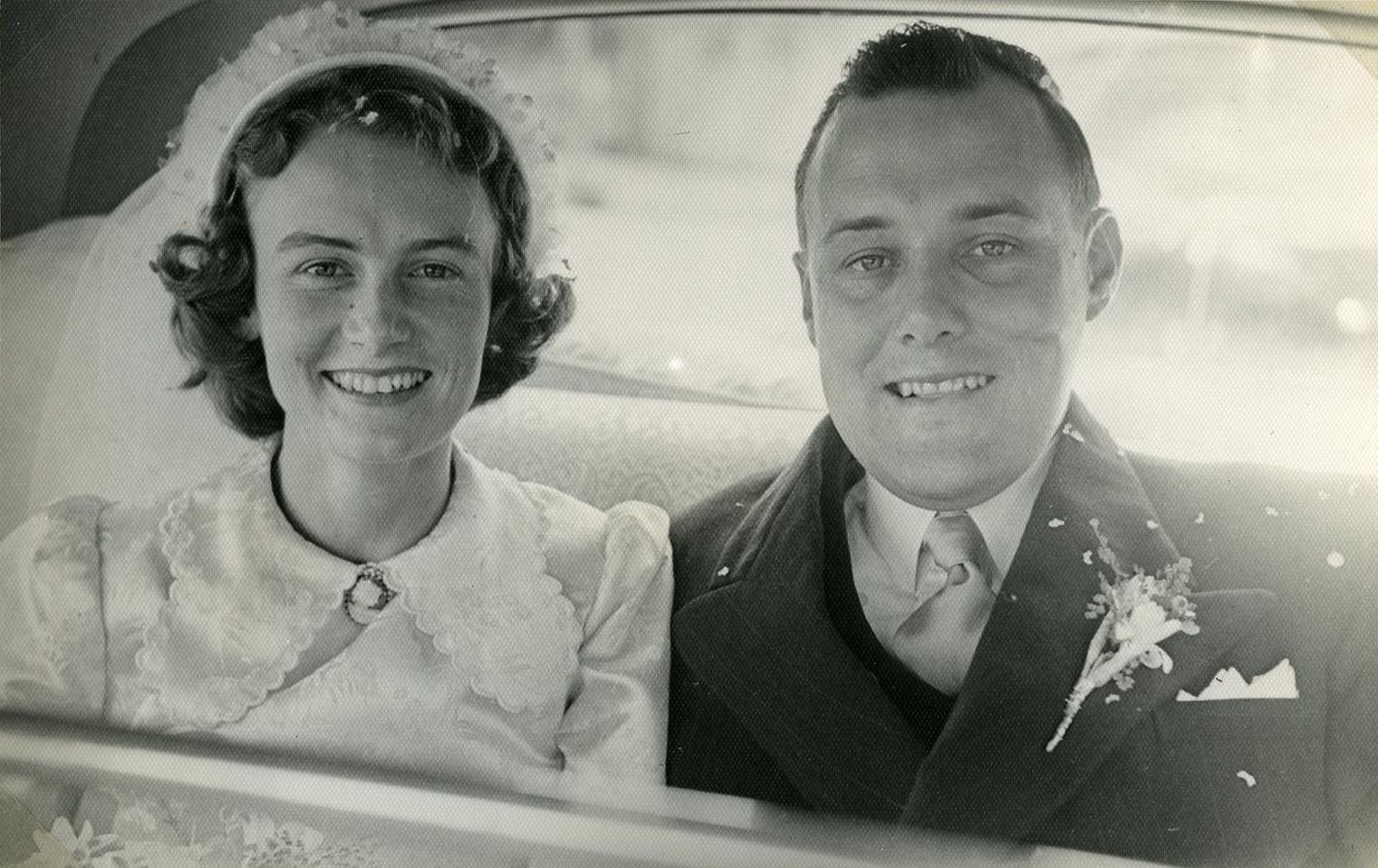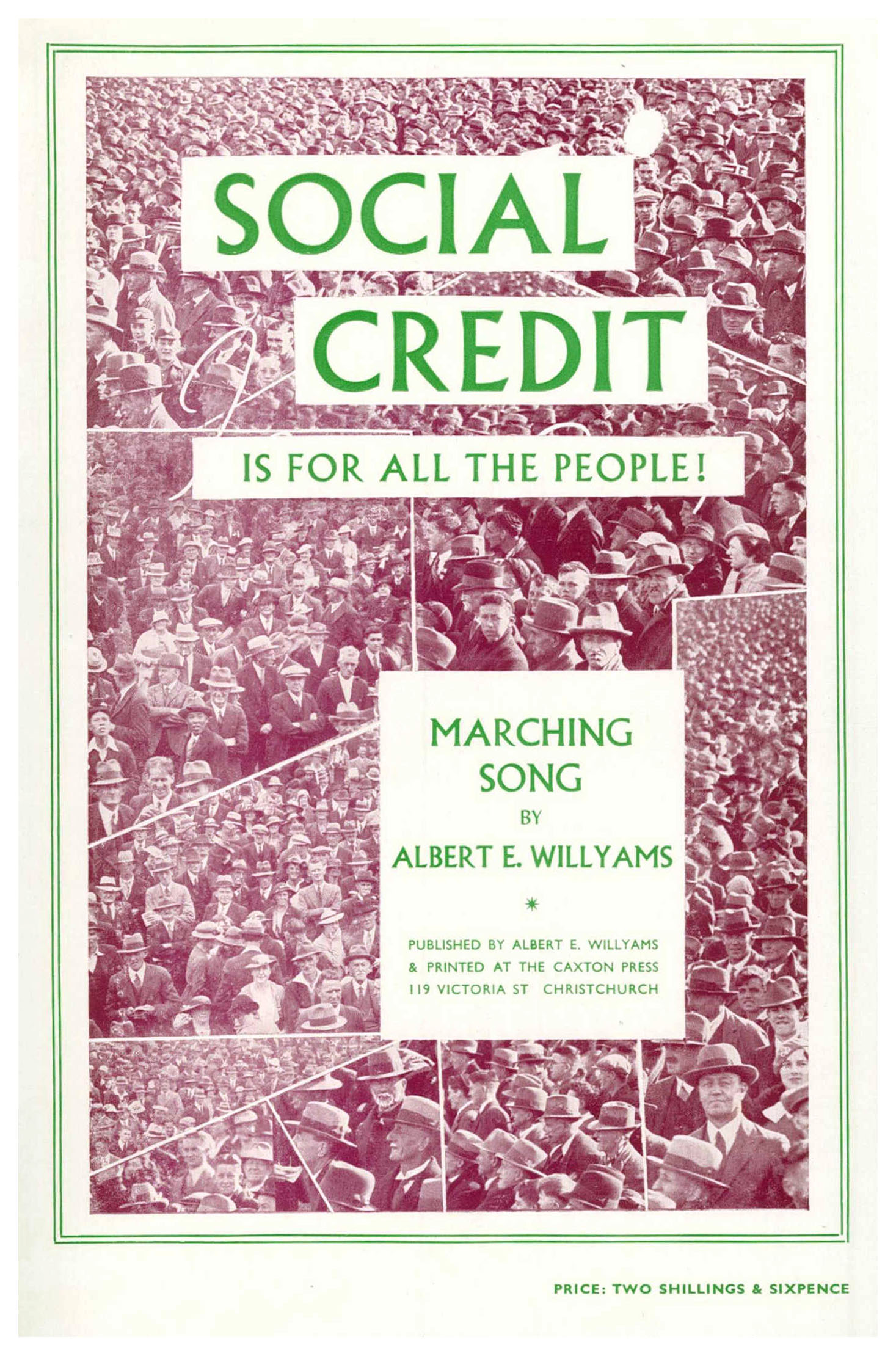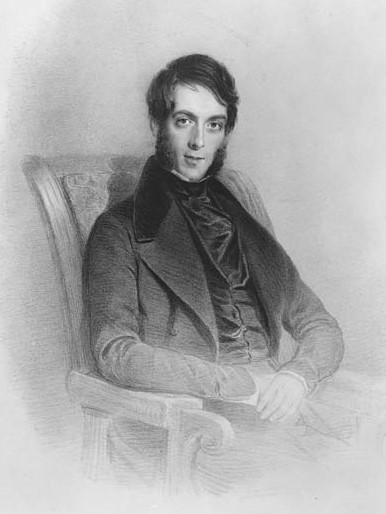|
1968 In New Zealand
The following lists events that happened during 1968 in New Zealand. Population * Estimated population as of 31 December: 2,773,000 * Increase since 31 December 1967: 28,000 (1.02%) * Males per 100 females: 99.8 – This was the first year (other than during a major war) in which the number of females exceeded the number of males. Incumbents Regal and viceregal *Head of State – Elizabeth II * Governor-General – Sir Arthur Porritt Bt GCMG GCVO CBE. Government The 35th Parliament of New Zealand continued, with the National government in power. *Speaker of the House – Roy Jack.Lambert & Palenski: ''The New Zealand Almanac'', 1982. *Prime Minister – Keith Holyoake *Deputy Prime Minister – Jack Marshall. *Minister of Finance – Robert Muldoon. *Minister of Foreign Affairs – Keith Holyoake. *Attorney-General – Ralph Hanan. * Chief Justice — Sir Richard Wild Parliamentary opposition * Leader of the Opposition – Norman Kirk (Labour). * Leader of the Socia ... [...More Info...] [...Related Items...] OR: [Wikipedia] [Google] [Baidu] |
Head Of State
A head of state (or chief of state) is the public persona who officially embodies a state Foakes, pp. 110–11 " he head of statebeing an embodiment of the State itself or representatitve of its international persona." in its unity and legitimacy. Depending on the country's form of government and separation of powers, the head of state may be a ceremonial figurehead or concurrently the head of government and more (such as the president of the United States, who is also commander-in-chief of the United States Armed Forces). In a parliamentary system, such as the United Kingdom or India, the head of state usually has mostly ceremonial powers, with a separate head of government. However, in some parliamentary systems, like South Africa, there is an executive president that is both head of state and head of government. Likewise, in some parliamentary systems the head of state is not the head of government, but still has significant powers, for example Morocco. In contrast, ... [...More Info...] [...Related Items...] OR: [Wikipedia] [Google] [Baidu] |
Robert Muldoon
Sir Robert David Muldoon (; 25 September 19215 August 1992) was a New Zealand politician who served as the 31st Prime Minister of New Zealand, from 1975 to 1984, while leader of the National Party. Serving as a corporal and sergeant in the army in the Second World War, Muldoon completed his training as an accountant and returned to New Zealand as its first fully qualified cost accountant. He was first elected to the House of Representatives at the 1960 general election as the Member of Parliament (MP) for Tamaki, representing the National Party. In this time of political stability, Muldoon served successively as Minister of Tourism (1967), Minister of Finance (1967–1972), and Deputy Prime Minister (1972). Over this time he built up an informal but solid backing amongst National's mostly rural right faction, which he labelled "Rob's Mob"—possibly in imitation of gangs such as the Mongrel Mob. National were then expelled from office in 1972, beginning the tenure of La ... [...More Info...] [...Related Items...] OR: [Wikipedia] [Google] [Baidu] |
Dove-Myer Robinson
Sir Dove-Myer Robinson (15 June 1901 – 14 August 1989) was Mayor of Auckland City from 1959 to 1965 and from 1968 to 1980, the longest tenure of any holder of the office. He was a colourful character and became affectionately known across New Zealand as "Robbie". He was one of several Jewish mayors of Auckland, although he rejected Judaism as a teenager and became a lifelong atheist. He has been described as a ''"slight, bespectacled man whose tiny stature was offset by a booming voice and massive ego"''. Biography Early life and career Born Mayer Dove Robinson in Sheffield, England, he was the sixth of seven children of Ida Brown and Moss Robinson. While his father described himself as a master jeweller, he actually sold trinkets and second-hand furniture, and the family was poor and often on the move. Robinson's mother influenced his upbringing by transmitting the strict values her rabbi father had taught her. His Jewish heritage ensured that he was often targeted by anti-se ... [...More Info...] [...Related Items...] OR: [Wikipedia] [Google] [Baidu] |
Roy McElroy
Roy Granville McElroy (2 April 1907 – 16 May 1994) was a New Zealand lawyer and politician, who served as mayor of Auckland City from 1965 to 1968. Early life and career Born in Auckland on 2 April 1907, McElroy was the son of Herbert Thomas Granville McElroy and Frances Catherine McElroy (née Hampton).McElroy, Roy Granville ''Who Was Who'', A & C Black, 1920–2015; online edn, Oxford University Press, 2014 He was educated at and , and went on to study at |
Mayor Of Auckland
The Mayor of Auckland is the directly elected head of the Auckland Council, the local government authority for the Auckland Region in New Zealand, which it controls as a unitary authority. The position exists since October 2010 after the amalgamation of various territorial authorities. The mayor is supported by a deputy mayor. Background The position was first filled by election on 9 October 2010 for the establishment of the Auckland Council on 1 November 2010. The Council replaced seven territorial authority councils, including the Auckland City Council, and also the Auckland Regional Council. Before 2010, "Mayor of Auckland" was an informal term applied to the Mayor of Auckland City, head of the Auckland City Council. Until October 2013, when new mayoral powers set out in the Local Government Act 2002 Amendment Act 2012 came into effect, the Mayor of Auckland had more powers compared to other mayors in New Zealand. Role of mayor The mayor has the powers to establish their ... [...More Info...] [...Related Items...] OR: [Wikipedia] [Google] [Baidu] |
Vernon Cracknell
Vernon Francis Cracknell (30 May 1912 – 4 June 1989) was a New Zealand politician. He served as the Social Credit Party's third leader (1963–1970). Early life Cracknell was born in Auckland on 30 May 1912. He was educated at Auckland Grammar School and Kings College before qualifying as an accountant. In 1934 he left Auckland and moved to Northland and later married in 1949. He established his own accountancy firm in Kerikeri in 1951. Later, he became involved in politics through the Social Credit Party, a group dedicated to the social credit theory of monetary reform. He made his entry into politics in local government in 1950 when he was elected a member of the Bay of Islands Harbour Board and became the board's chairman in 1953. Biography Political career In the 1960 election, Cracknell contested the seat of Hobson in Northland. He placed second, pushing the Labour Party candidate into third place, and won more votes than any other Social Credit candidate. The ar ... [...More Info...] [...Related Items...] OR: [Wikipedia] [Google] [Baidu] |
Social Credit Party (New Zealand)
The New Zealand Social Credit Party (sometimes called "Socred") is a political party which served as the country's Third party (politics), third party from the 1950s through into the 1980s. The party held a number of seats in the New Zealand House of Representatives, although never more than two at a time. It renamed itself the New Zealand Democratic Party from 1985 to 2018, and was for a time part of the Alliance (New Zealand political party), Alliance from 1991 to 2002. It returned to the Social Credit name in 2018. The party is based on the ideas of social credit, an economic theory established by Major C. H. Douglas. Social Credit movements also existed in Australia (''see:'' Douglas Credit Party & Australian League of Rights), Canada (''see:'' Social Credit Party of Canada), and the United Kingdom (''see:'' Social Credit Party of Great Britain and Northern Ireland, UK Social Credit Party) although the relationship between those movements and the New Zealand movement was no ... [...More Info...] [...Related Items...] OR: [Wikipedia] [Google] [Baidu] |
New Zealand Labour Party
The New Zealand Labour Party ( mi, Rōpū Reipa o Aotearoa), or simply Labour (), is a centre-left political party in New Zealand. The party's platform programme describes its founding principle as democratic socialism, while observers describe Labour as social-democratic and pragmatic in practice. The party participates in the international Progressive Alliance. It is one of two major political parties in New Zealand, alongside its traditional rival, the National Party. The New Zealand Labour Party formed in 1916 out of various socialist parties and trade unions. It is the country's oldest political party still in existence. Alongside the National Party, Labour has alternated in leading governments of New Zealand since the 1930s. , there have been six periods of Labour government under ten Labour prime ministers. The party has traditionally been supported by working class, urban, Māori, Pasifika, immigrant and trade unionist New Zealanders, and has had strongholds in i ... [...More Info...] [...Related Items...] OR: [Wikipedia] [Google] [Baidu] |
Norman Kirk
Norman Eric Kirk (6 January 1923 – 31 August 1974) was a New Zealand politician who served as the 29th prime minister of New Zealand from 1972 until his sudden death in 1974. Born into poverty in Southern Canterbury, Kirk left school at age 13 and joined the New Zealand Labour Party in 1943. He was mayor of Kaiapoi from 1953 until 1957, when he was elected to the New Zealand Parliament. He became the leader of his party in 1964. Following a Labour victory in the , Kirk became Prime Minister and Minister of Foreign Affairs, and New Zealand changed into a far more assertive and consequential nation. He stressed the need for regional economic development and affirmed New Zealand's solidarity with Australia in adopting independent and mutually beneficial foreign policy. Having withdrawn New Zealand troops from Vietnam upon taking office, he was highly critical of US foreign policy. The same year, he strongly opposed French nuclear tests in the Pacific, and threatened to break ... [...More Info...] [...Related Items...] OR: [Wikipedia] [Google] [Baidu] |
Leader Of The Opposition (New Zealand)
In New Zealand, the Leader of the Opposition (or Opposition leader) is a senior politician who leads the Official Opposition. The Leader of the Opposition is, by convention, the leader of the largest political party in the House of Representatives that is not in government (nor provides confidence and supply). This is usually the parliamentary leader of the second-largest caucus in the House of Representatives. When in the debating chamber the Opposition leader sits on the left-hand side of the centre table, in front of the Opposition and opposite the prime minister. The role of the leader of the Opposition dates to the late 19th century, with the first political parties, and the office was formally recognised by statute in 1933. Although currently mentioned in a number of statutes, the office is not established by any Act (nor is that of the prime minister); it is simply a product of the conventions of the Westminster-style parliamentary system. The leader of the Opposit ... [...More Info...] [...Related Items...] OR: [Wikipedia] [Google] [Baidu] |
Richard Wild (judge)
Sir Herbert Richard Churton Wild (20 September 1912 – 22 May 1978) was the ninth Chief Justice of New Zealand. Family Wild was born in Blenheim in 1912. His father, Leonard Wild, was at that time science teacher at Marlborough High School. He attended Feilding Agricultural High School. His sister Dora later married the jurist John White. His son, John Wild, was a judge at the High Court and then the Court of Appeal. Chief justice He famously decided the case of ''Fitzgerald v Muldoon ''in 1976. Wild was diagnosed with a brain tumour A brain tumor occurs when abnormal cells form within the brain. There are two main types of tumors: malignant tumors and benign (non-cancerous) tumors. These can be further classified as primary tumors, which start within the brain, and secondary ... in 1977. He resigned as Chief Justice in early 1978 and died shortly after. References {{DEFAULTSORT:Wild, Richard 1912 births 1978 deaths New Zealand Knights Commander of the ... [...More Info...] [...Related Items...] OR: [Wikipedia] [Google] [Baidu] |
Chief Justice Of New Zealand
The chief justice of New Zealand ( mi, Te Kaiwhakawā Tumuaki o Aotearoa) is the head of the New Zealand judiciary, and presides over the Supreme Court of New Zealand. The chief justice of New Zealand is also the chief justice of Tokelau. Before the establishment of the Supreme Court in 2004, the chief justice was the presiding judge in the High Court of New Zealand, and was also ''ex officio'' a member of the Court of Appeal of New Zealand. The office is established by the Senior Courts Act 2016, which describes the chief justice as "senior to all other judges". The chief justice is first among equals among the Judges of the Supreme Court. They also act in place of the governor-general if one has not been appointed or if the appointee is unable to perform their duties. When acting in place of the governor-general, the chief justice is known as the "administrator of the Government". The chief justice is appointed by the governor-general, on the formal advice of the prime mini ... [...More Info...] [...Related Items...] OR: [Wikipedia] [Google] [Baidu] |








